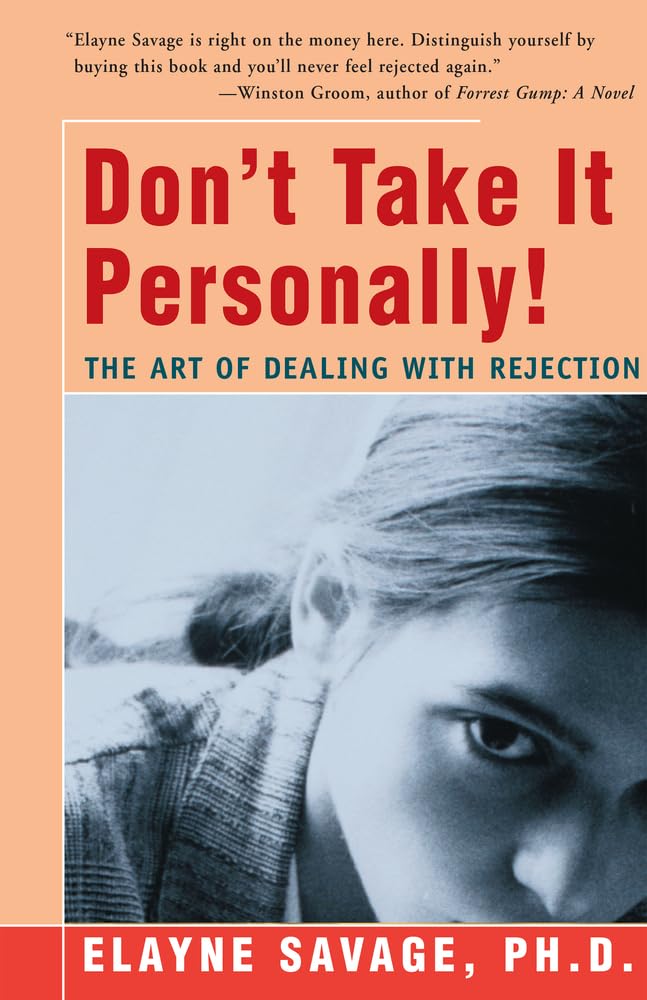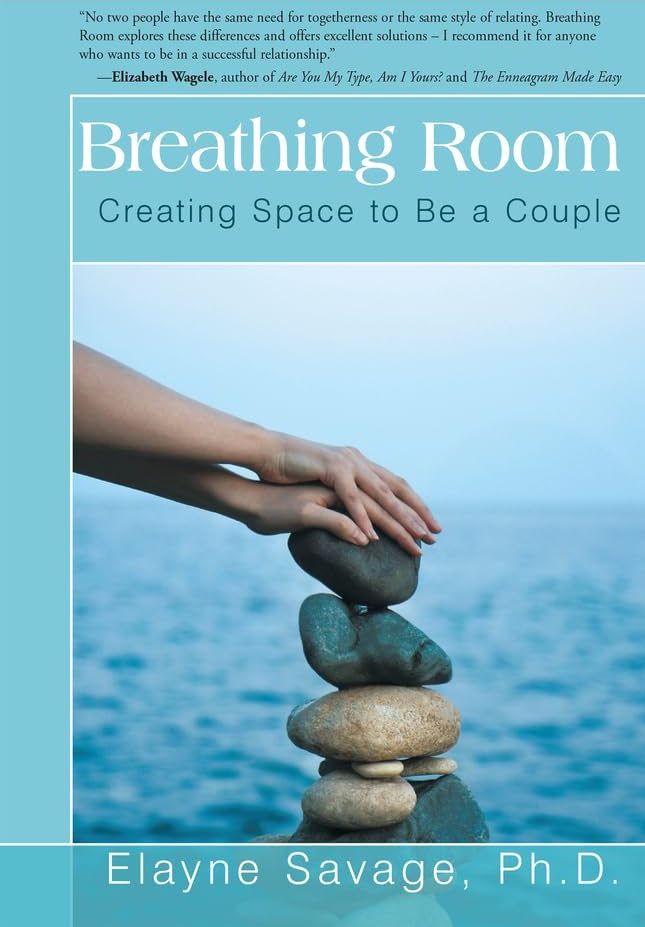By Elayne Savage, PhD
Last month I blogged about how hurtful and confusing inappropriate personal boundaries can be. You're probably aware how boundary blurring and transgressions can contaminate our relationships.
In that blog I described another form of boundary confusion: when someone projects their own feelings, thoughts, vulnerabilities or fears onto others.
The thing about psychological projection is how we to‘see’ traits or behaviors in others that remind us of ourselves. In fact, we tend to really dislike something about someone that we can’t stand about ourselves. And it’s more than an irritant – sometimes we find ourselves accusing the other person of these behaviors.
I remember years ago, how irritated I’d get with a coworker’s whiney tone of voice whenever she asked a favor. What a shock the day I realized this was the identical tone I disliked about myself,
When we are able to differentiate between ourselves and others, we can identify and respect personal boundaries. This paves the way for showing respect for the other person and in the process, respecting ourselves as well.
Both respect and disrespect are reciprocal. When someone sees respect instead of judgment in our eyes, they most likely will respond ‘right back atcha’ with respect.
Judgments Take Up Energy
I suggest to audiences and workplace and therapy clients that when we feel disappointed and discouraged by others we tend to start judging them or judging ourselves.
It helps to remind ourselves that people have limitations they may not even be aware of. The reason for this reminder is not to excuse their behavior, but to try to understand it enough that we don’t upset ourselves even more by taking their words or actions so personally and feel rejected.
I’m grateful to blog subscriber, Alannah Tomich, for her thoughts on these kinds of limitations and for sending me these views written by Ram Dass:
"When you go out into the woods, and you look at trees, you see all these different trees. And some of them are bent, and some of them are straight, and some of them are evergreens, and some of them are whatever.
And you look at the tree and you allow it. You see why it is the way it is. You sort of understand that it didn't get enough light, and so it turned that way. And you don't get all emotional about it. You just allow it. You appreciate the tree.
The minute you get near humans, you lose all that. And you are constantly saying 'You are too this, or I'm too this.' That judgment mind comes in.
And so I practice turning people into trees. Which means appreciating them just the way they are." – Ram Dass
I appreciate having access to these very visual images, keeping these ideas tucked away as a reminder we do have choices in dealing with difficult friends, teachers, lovers, family members, peers or colleagues.
I would add that trees bend this way and that as a way of protecting themselves from the elements. In the same way many of us humans have learned defenses and protections in our early years.
Maybe we, too didn’t get enough light. Or maybe we had to contort ourselves to be what others needed us to be.
Maybe these early protective stances helped us survive hurtful, scary or even dangerous situations. Perhaps now they have lost their usefulness and may instead interfere with our present relationships.
I recently shared this with my keynote audience at California State University, Northridge and the response was incredibly heartwarming. I sure wish someone had revealed this wisdom to me when I was a young adult. It would have colored many of my interactions differently.
I desperately needed some guidance on handling hurt feelings from rejection so I wrote Don’t Take It Personally! the Art of Dealing with Rejection over 20 years ago because no book existed.
Wow! What a thought: to "practice turning people into trees. Which means appreciating them just the way they are."
I’d really appreciate hearing your thoughts on Ram Dass’ ideas on humans and trees, judgment, acceptance and self-acceptance.
You can email me at elayne@QueenofRejection.com or post on the blog site in the comments section at the end of the blog: www.TipsFromTheQueenOfRejection.com
Until next month,
Elayne
Elayne Savage is the author of ground-breaking relationship books published in 9 languages.
Both books are now available on Kindle!
To order DON'T TAKE IT PERSONALLY! THE ART OF DEALING WITH REJECTION
To order BREATHING ROOM — CREATING SPACE TO BE A COUPLE
REPRINTING THESE BLOGS
You can use the articles in 'Tips from The Queen of Rejection'® as long as you include an attribution and, whenever possible, a live link to my website. I'd appreciate if you'd notify me where and when the material will appear.
The attribution should include this information: Elayne Savage, PhD is a communication coach, keynote speaker, and trainer, practicing psychotherapist and author of Don't Take It Personally! The Art of Dealing with Rejection and Breathing Room – Creating Space to Be a Couple.
To find out more about my speaking programs, coaching and consultation services visit: //www.QueenofRejection.com or call 510-540-6230 if you or your group can benefit.
Contacting Elayne
I welcome your feedback as well as suggestions for topics you'd like to see addressed in this e-letter.
Here's how you can reach me:
510-540-6230
www.QueenofRejection.com
For more communication and rejection tips, you can follow me:
Twitter@ElayneSavage
LinkedIn.com/in/elaynesavage
Facebook.com/elayne.savage


Leave a Reply